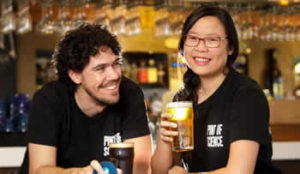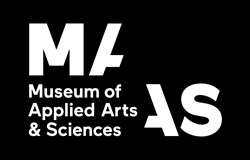When: Wednesday 14th November, 11:55am – 1:25pm
Where: Theatre, Level 2 down the stairs to the right of the registration/foyer area
Hashtag: #W10
Effective communication and engagement is key to achieving impact from science. This session highlights how harnessing social science research can improve science communication. Three case studies from Australia’s lead science agency, CSIRO, will demonstrate how social scientists are collaborating with science communication practitioners to elevate science communication and engagement with target audiences. Strategies include formulating engaging key messages, identifying appropriate channels/platforms, and using language and tone to meet communication objectives.
Session Producer/Presenter
Dr Tsuey Cham, Communication & Stakeholder Manager, CSIRO GISERA
Melina Gillespie, Communication Advisor, CSIRO Energy
Session Producer/Chair
Helen Beringen, Communication Manager, CSIRO Land and Water
Presenters
Dr Nadine Marshall, Environmental Social Scientist, CSIRO Land & Water
Dr Andrea Walton, Social Scientist, CSIRO Land & Water
Dr Elisha Frederiks, Senior Research Scientist, CSIRO Land & Water
Amy Edwards, Communication Advisor, CSIRO Land & Water
